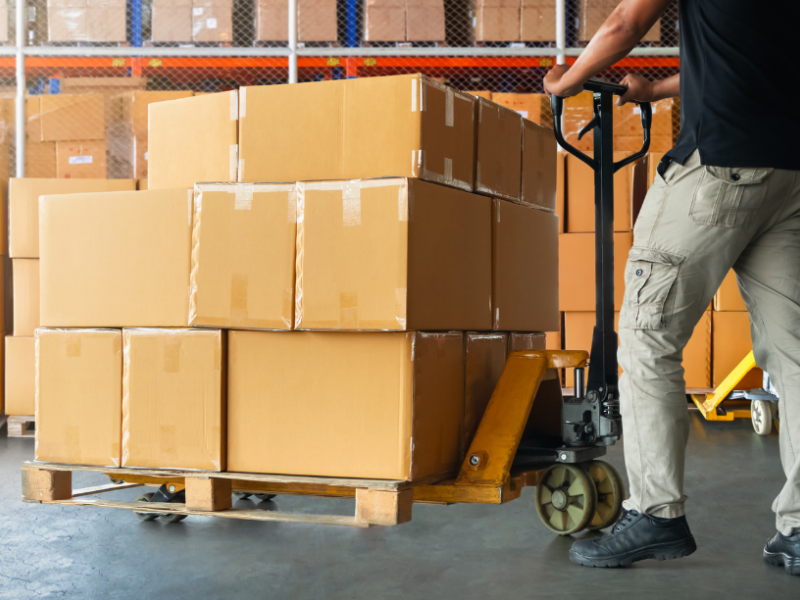It is shocking to know that there are more people living in slavery now than in any time in history. According to the latest Global Estimates of Modern Slavery (2022) from Walk Free, the International Labour Organization and the International Organization for Migration:
- 49.6 million people live in modern slavery – in forced labour and forced marriage
- Roughly a quarter of all victims of modern slavery are children
- 22 million people are in forced marriages. Two out of five of these people were children
- 27.6 million people are trapped in forced labour including 6.3 million in commercial sexual exploitation
- Migrant workers are particularly vulnerable to forced labour.
Modern slavery can include human trafficking, forced labour, bonded labour, descent-based slavery, child slavery, forced and early marriage, or domestic servitude.
And Australia is not immune. That’s why the Mind Australia Group has started reviewing its suppliers to minimise the risk of Mind Australia, One Door Mental Health and The Haven Foundation unwillingly enabling modern slavery.
This review is part of a process that saw the Mind Australia Group complete its first Modern Slavery Statement, and commence the development of a Modern Slavery Prevention Policy. The initial review of all Mind Australia, One Door Mental Health and The Haven Foundation suppliers investigated their modern slavery compliance obligations and an assessment of their standards.
“By assessing our suppliers reporting status and reviewing their respective modern slavery statements, we can gain further insight into their operational transparency and commitment to addressing modern slavery risks,” Mind Australia CEO Gill Callister said.
“As any organisation, but especially a mental health and wellbeing-based organisation, it’s imperative we can minimise the likelihood that our operational and supply chains are not involved in causing, contributing to, or being directly linked to modern slavery practices.”
For organisations like the Mind Australia Group, modern slavery could potentially be within the supply chains through subcontracting work in construction, facilities maintenance and cleaning, and fleet. It could also occur at secondary levels of a supply chain, such as sourcing materials for construction or IT equipment.
The development of the Mind Australia Group’s Modern Slavery Statement is the first in a series of steps aimed to minimise the risk of enabling modern slavery. The Mind Australia Group will also:
- create staff awareness training modules about modern slavery
- review existing employee support policies with a modern slavery prevention lens
- expand guidance on modern slavery risk assessment for key roles that intersect with Mind Australia Group supply chains
- develop a partnership approach with key stakeholders to promote modern slavery oversight across the sector, and
- complete further detailed supply chain mapping.
Mind has also established procedures that underpin the importance of employee and workplace rights. These procedures align with the Code of Conduct and establish employee support systems beyond hierarchical line management, promoting greater employer responsibility and reducing the risk of harm to employees.
These procedures include whistle-blower, recruitment, inclusion and employee assistance services procedures.
What can I do?
Slavery is closer to all our lives than many of us realise. For example:
- most of the cobalt used in the rechargeable batteries in our smartphones and computers is mined by child labourers in appalling conditions in the Democratic Republic of Congo
- many of those annoying scam calls you get come from ‘scam factories’ around the world where hundreds of people are kept against their will and forced to make scam calls or perform online scams, with the threat of torture if they refuse.
Visit the links below for more information on modern slavery, including steps we can all take to minimise the likelihood of enabling modern slavery.
- Anti-slavery.org
- Australian Human Rights Institute
- Anti-slavery Australia
- Motive and Method podcast – The unbelievable horrors of human traffic networks. Warning: this podcast discusses some distressing content and may not be suitable for all listeners.
